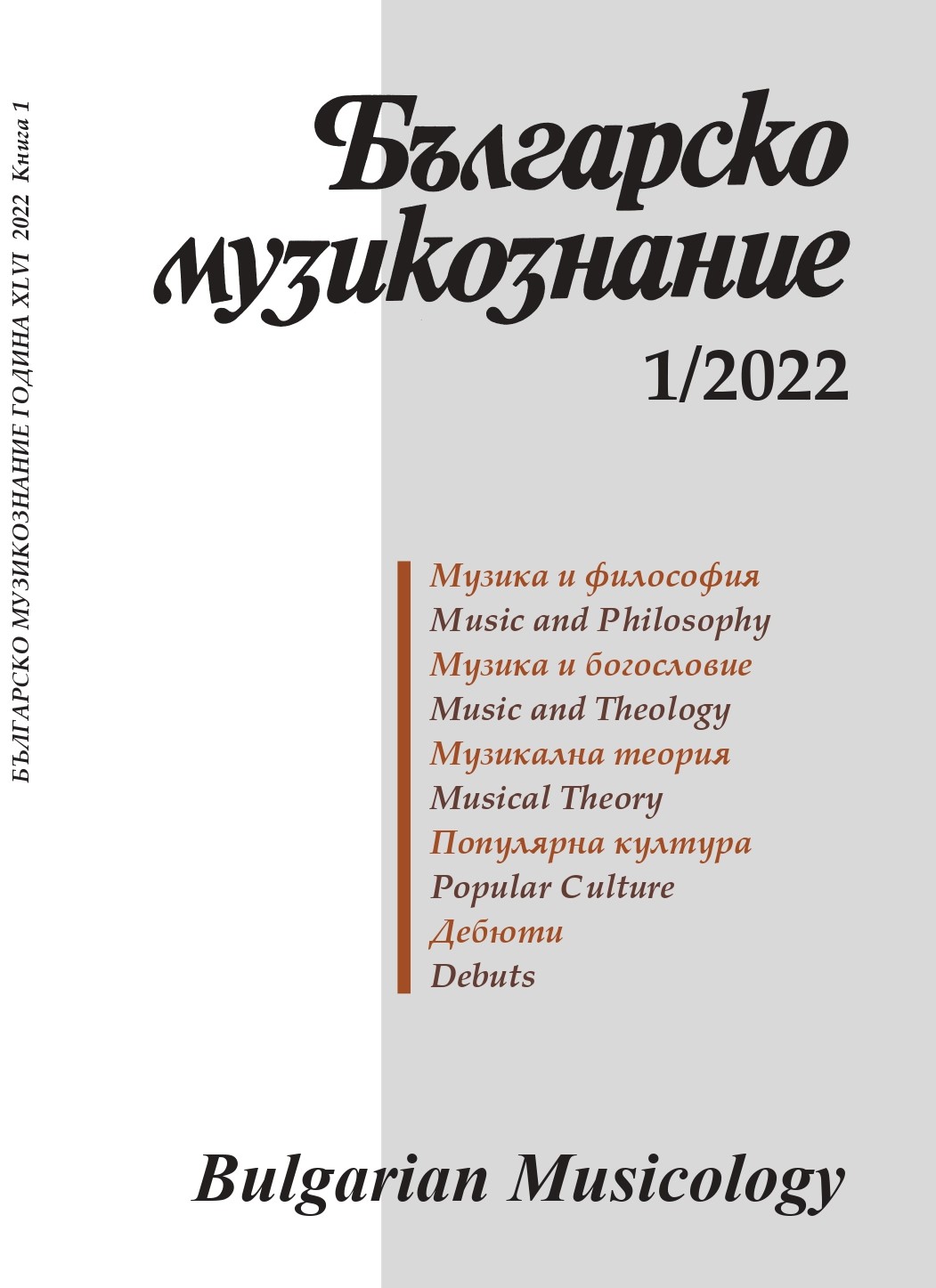Органичната цялост в учението на Хайнрих Шенкер
Organic wholeness in Heinrich Schenkers’s Lehre
Author(s): Christian VassilevSubject(s): Fine Arts / Performing Arts, Music, History of Art
Published by: Институт за изследване на изкуствата, Българска академия на науките
Summary/Abstract: he topic of the organic wholeness in music is central to Heinrich Schenker’s Lehre. According to the early Schenker, music is not organic because it lacks causality and logic, but its effect rests on its imitation of natural organicity. In his later writings, Schenker perceived music as an organic whole and saw this whole as based on natural laws. Throughout the development of his doctrine of wholeness, Schenker conceived of organicity as an “objective” given, essentially independent of all conscious and subjective activity. Consciousness can only contaminate the organic whole – that is why, if the composer or interpreter want to perceive the wholeness of music, they must approach it instinctively rather than consciously. According to Schenker, however, instinct is also naturally given; it is a gift and ultimately a matter of genius, but genius that is founded on laws originating in objectively predetermined nature. Thus, the role of the I relating to the music – composer, interpreter, listener (incl. analyst) – is reduced to “passively” witnessing the immanent organicity of music. If a subject perceives wholeness in music, it is a consequence of its total (instinctive) “occupation” by organic wholeness.
Journal: Българско музикознание
- Issue Year: 2022
- Issue No: 1
- Page Range: 108-128
- Page Count: 21
- Language: Bulgarian
- Content File-PDF

